News
-
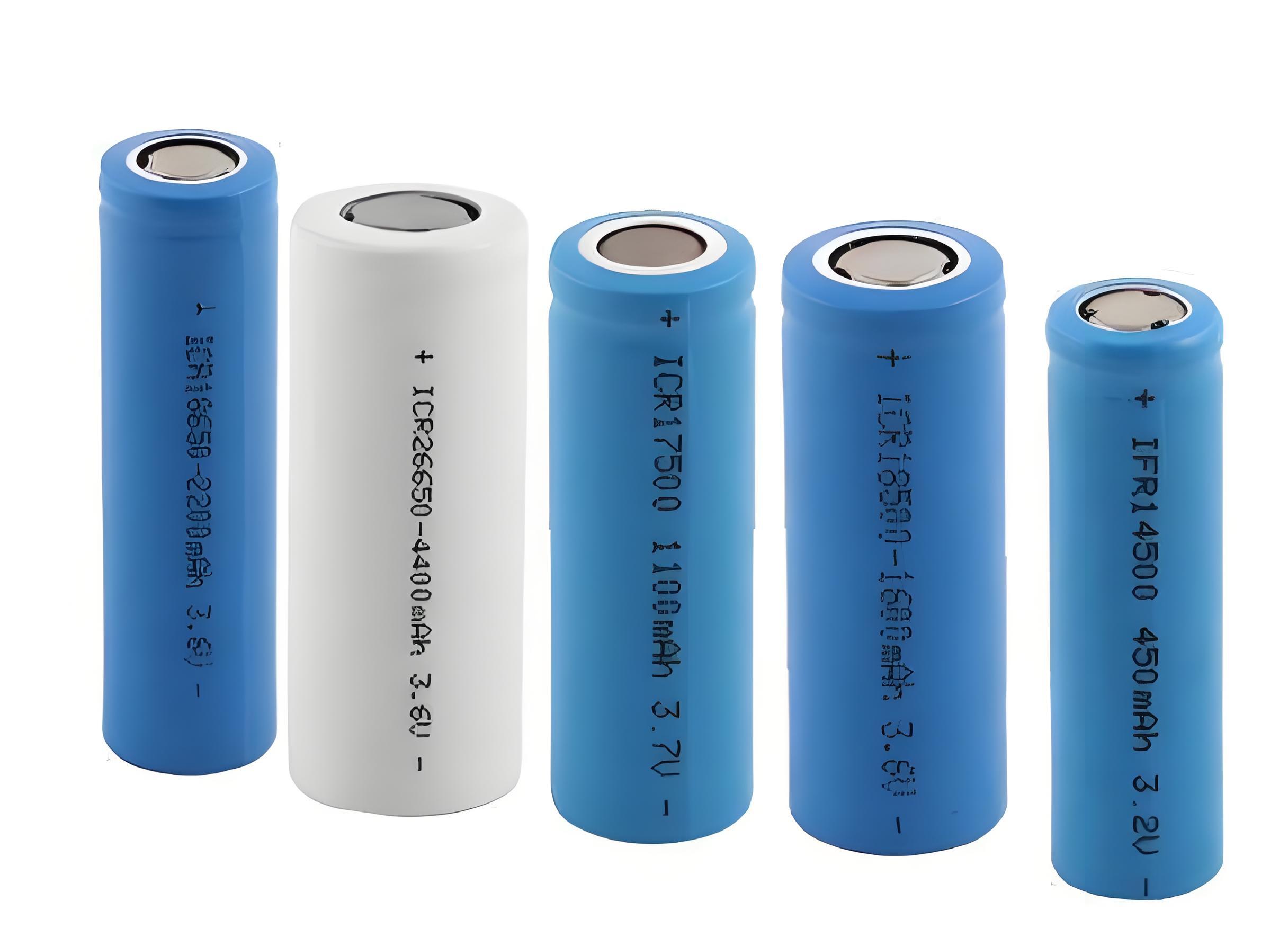
14500 Battery vs. 18650 Battery
Both 14500 and 18650 batteries are widely used cylindrical lithium-ion batteries, commonly found in devices such as flashlights, remote controls, and portable electronics. Although they may appear similar, they differ significantly in size, capacity, and application, which determine their advanta...Read more -

Recommended Lithium-Ion Batteries for Cold Weather
Lithium-ion batteries perform differently in cold environments. Understanding how to select and maintain them for optimal performance is crucial, especially in freezing temperatures. This guide will help you choose the right battery for your needs. How Does Cold Weather Affect Lithium-Ion ...Read more -

Understanding C-Rate in Lithium Batteries
The numbers found on lithium batteries often have specific meanings, and in previous blogs, we’ve explored the codes on batteries. However, when choosing a battery, you may encounter another important parameter: “C”. It is a key factor in determining the maximum discharge rate a...Read more -

Comprehensive Comparison of 14500 Li-ion Battery and AA Battery
14500 and AA batteries are common cylindrical batteries with the same dimensions. Although they look similar, are they truly interchangeable? In fact, these two types of batteries are entirely different. Understanding the differences can help you decide if they can be used interchangeably. This a...Read more -
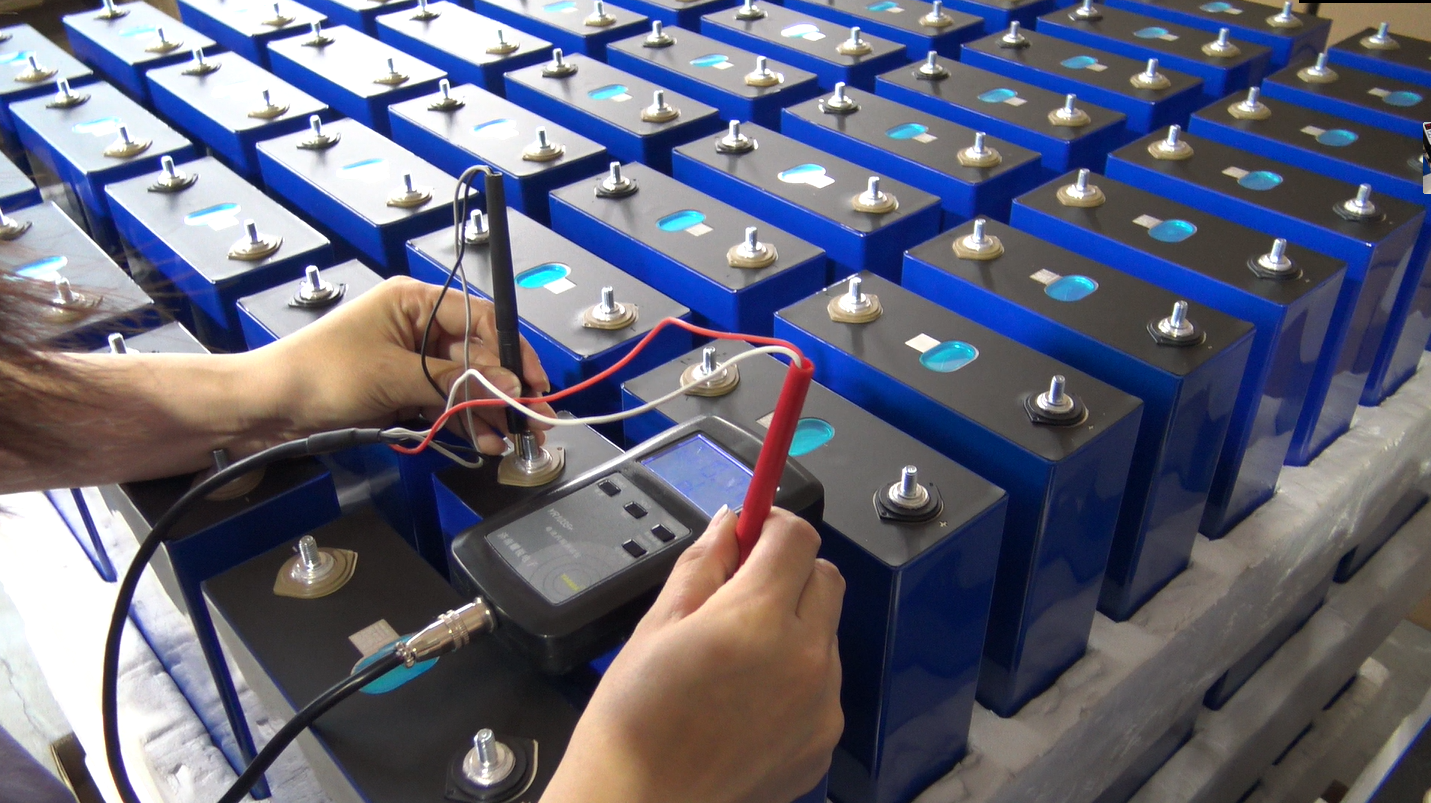
What Tests are Necessary for Newly Manufactured Lithium-ion Batteries?
Lithium-ion batteries bring convenience to our lives, but we also worry about the potential hazards from their powerful energy. At PKNERGY, every newly manufactured lithium-ion battery undergoes a series of rigorous tests to ensure its performance, safety, and reliability. Each step is crucial, a...Read more -
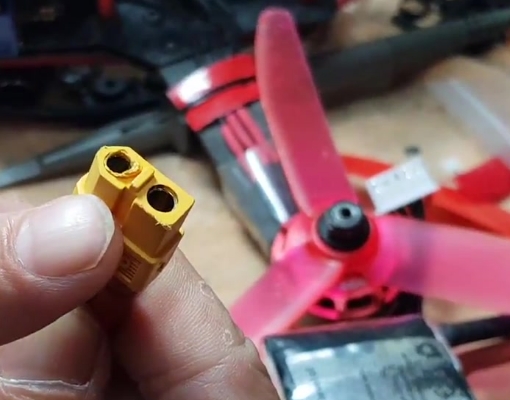
How to Choose a Drone Battery?
Drones have become accessible to the general public, revolutionizing fields such as surveying, agriculture, logistics, and more. Delivery drones can effortlessly carry goods up mountains, while FPV drones race through arenas, capturing breathtaking views. In addition to intricate designs in prope...Read more -

Guide to Lithium-Ion Batteries
Lithium-ion batteries, as the most widespread battery type of the 21st century, have a higher capacity than carbon batteries and a longer lifespan than lithium polymer batteries. With the advancement in manufacturing processes, the prices of lithium-ion batteries have also dropped further. Due to...Read more -
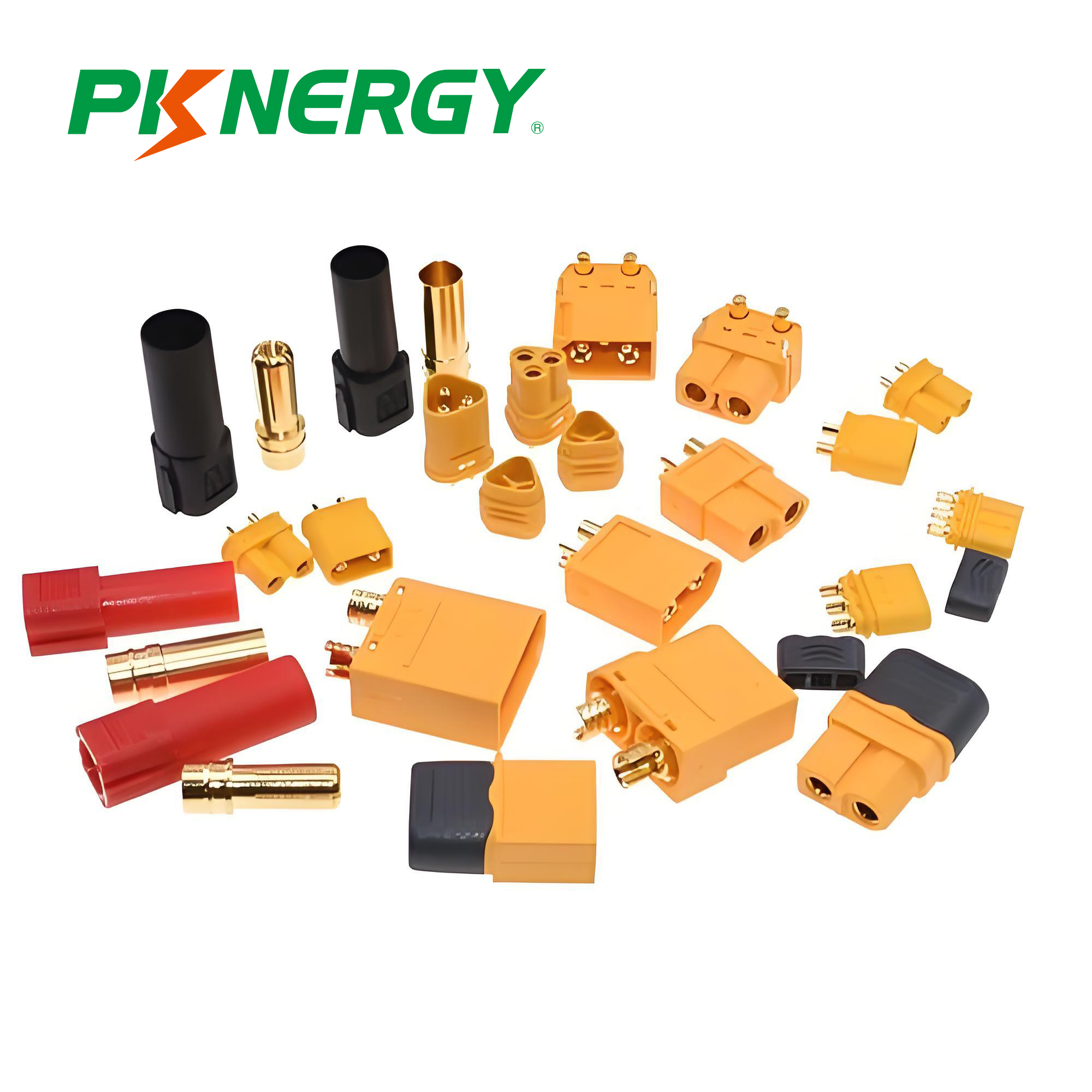
Exploring LiPo Battery Connector Types
LiPo battery connectors are one of the most crucial components of lithium polymer batteries. Proper understanding of these connectors can help users select the right wiring to optimize performance. This article explores the types of LiPo battery connectors and how to choose the best one. W...Read more -
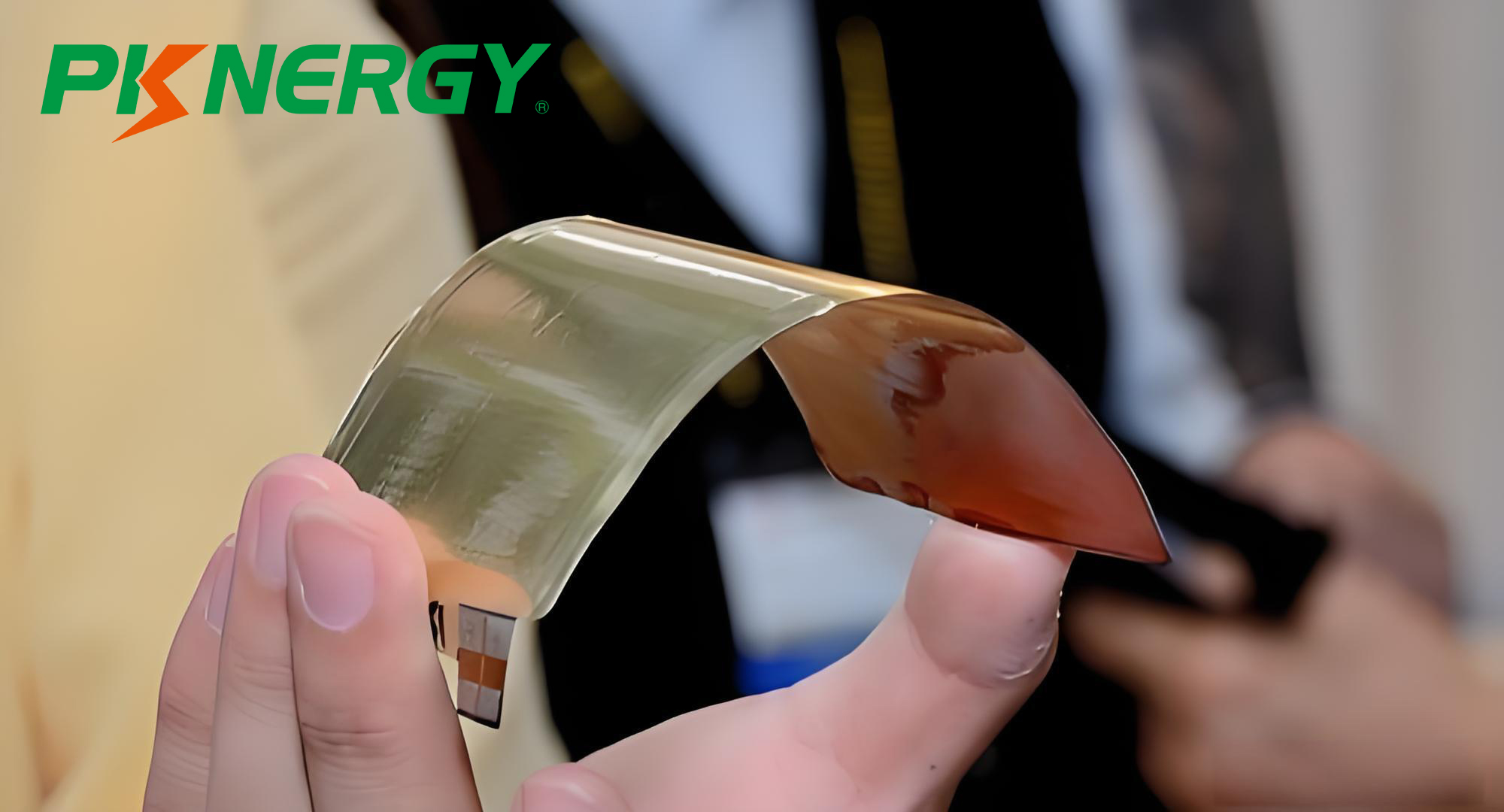
Some knowledge about thin film lithium battery
The common lithium-ion batteries we see are often cylindrical or prismatic. But have you ever wondered what kind of batteries power bank cards or Bluetooth earbuds? This article will introduce you to cutting-edge technology in the battery world—the thin film li-ion battery. By understanding its s...Read more -
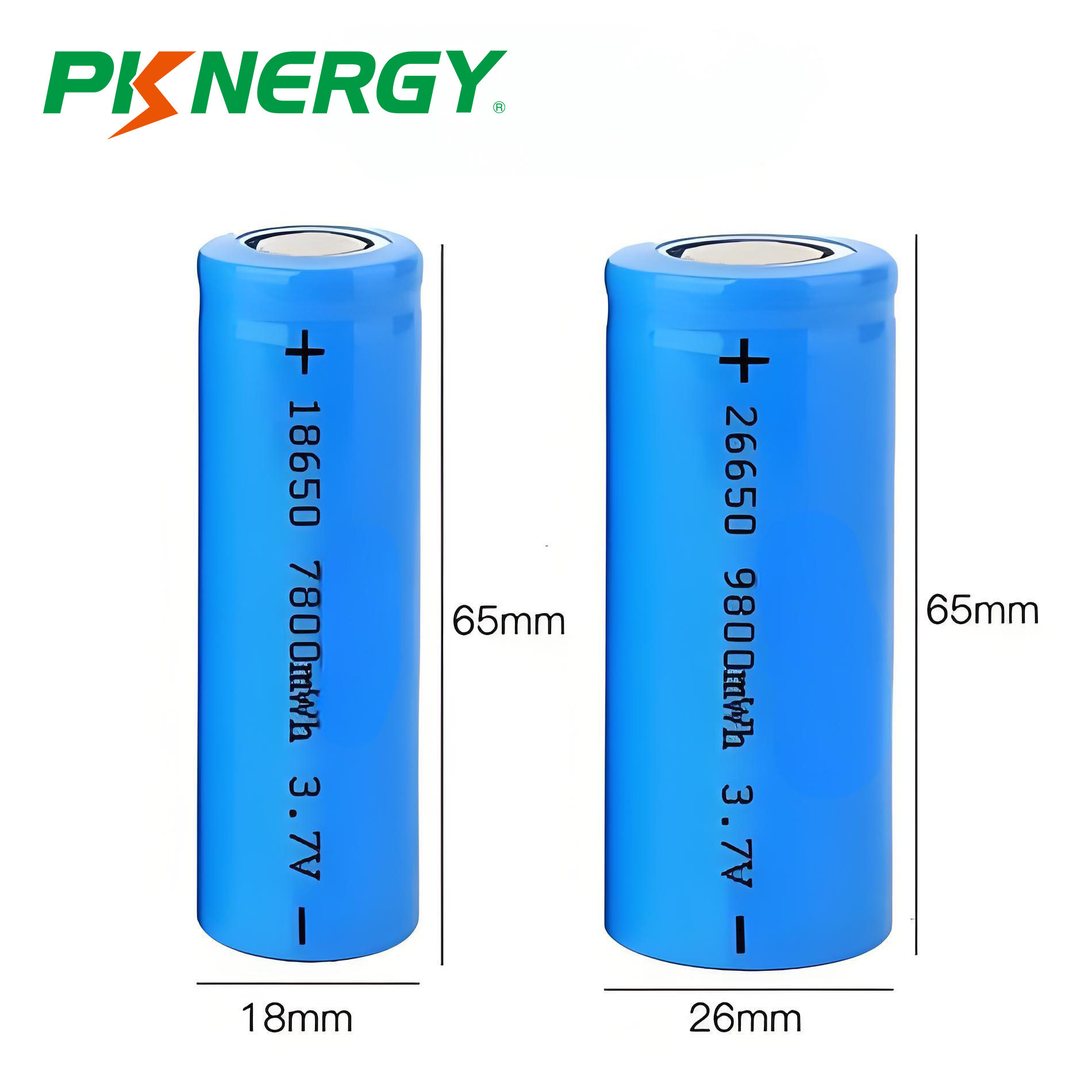
26650 Battery vs. 18650 Battery
26650 and 18650 are common lithium-ion battery sizes often used in devices like flashlights, electric toys, and laptops. Understanding their differences can help you make better choices for specific applications. Overview of 26650 Battery Common Applications: Due to their large capacity a...Read more -
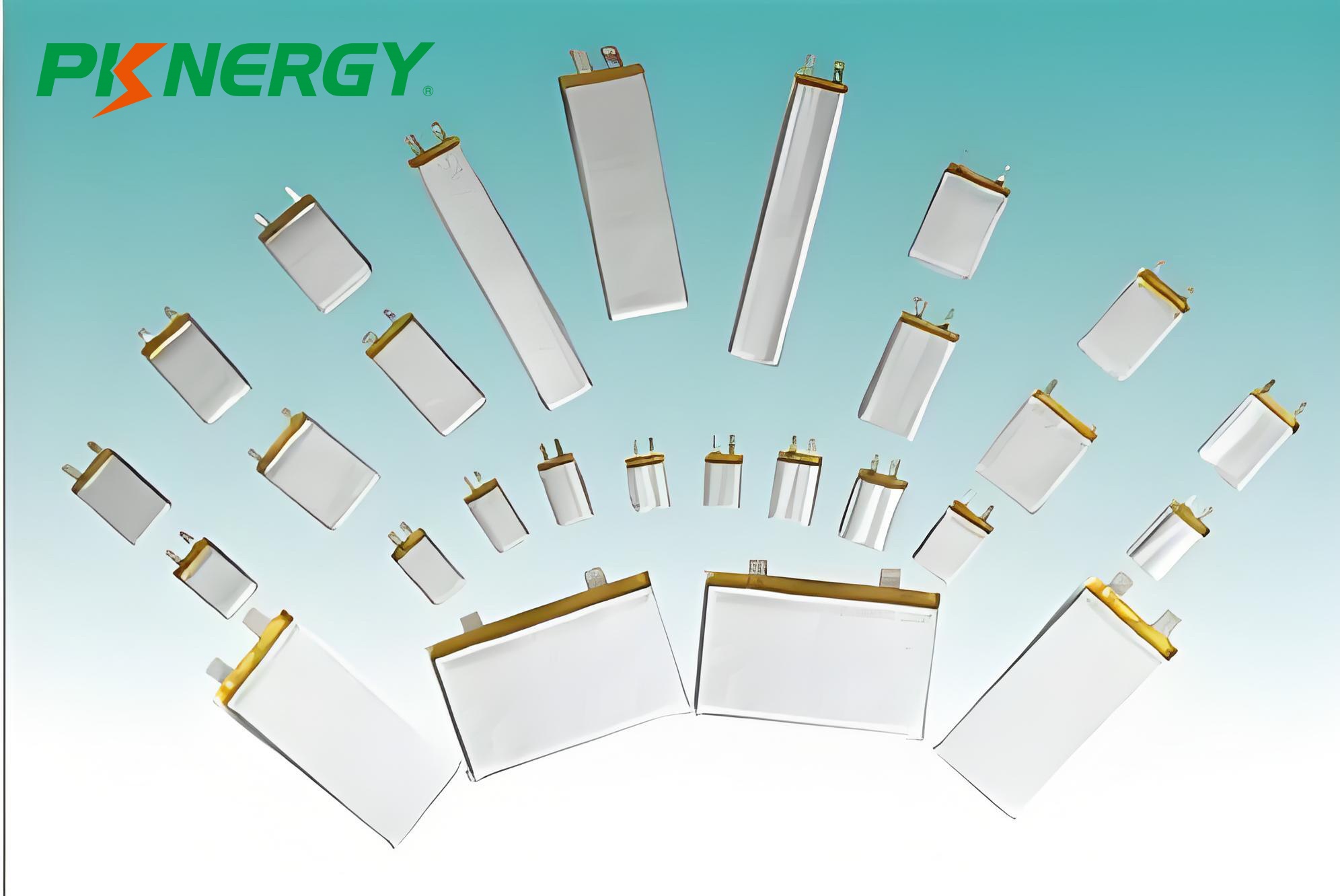
China Lithium Polymer Battery Manufacturer – PKNERGY
Lithium polymer batteries (Li-Po) are among the most established and durable types of lithium batteries, widely used in various products. Thanks to their lightweight, affordability, high energy density, and flexibility, they are popular in smartphones, laptops, and electric toys. As an 18-year ex...Read more -
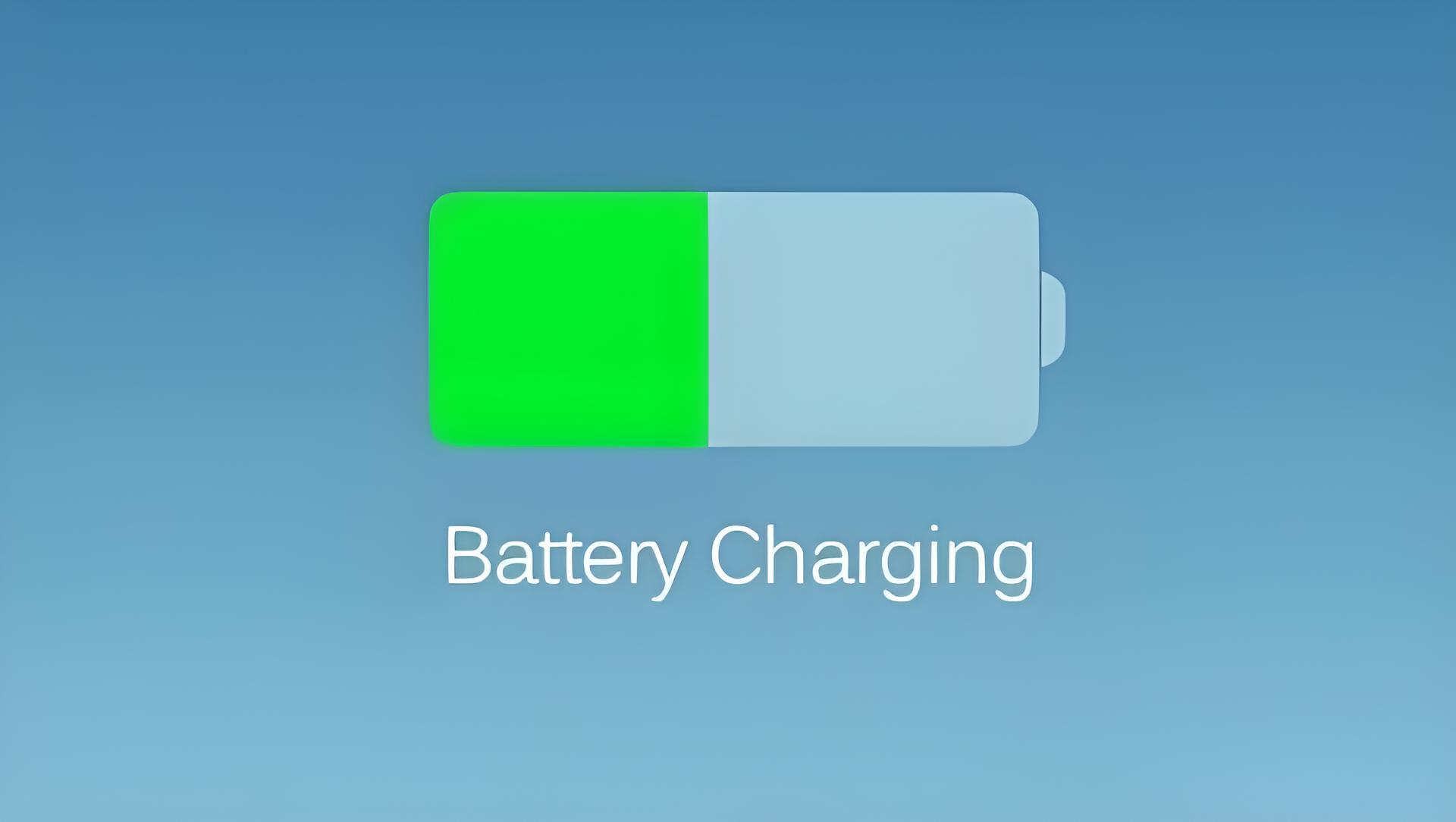
What is Battery Memory Effect?
In our daily lives, we often notice that batteries don’t last as long as expected, even when they are relatively new. This phenomenon may be due to the “memory effect” The memory effect was identified in the 1990s, and it is not a good thing for batteries. It reduces the battery’s capacity, short...Read more
